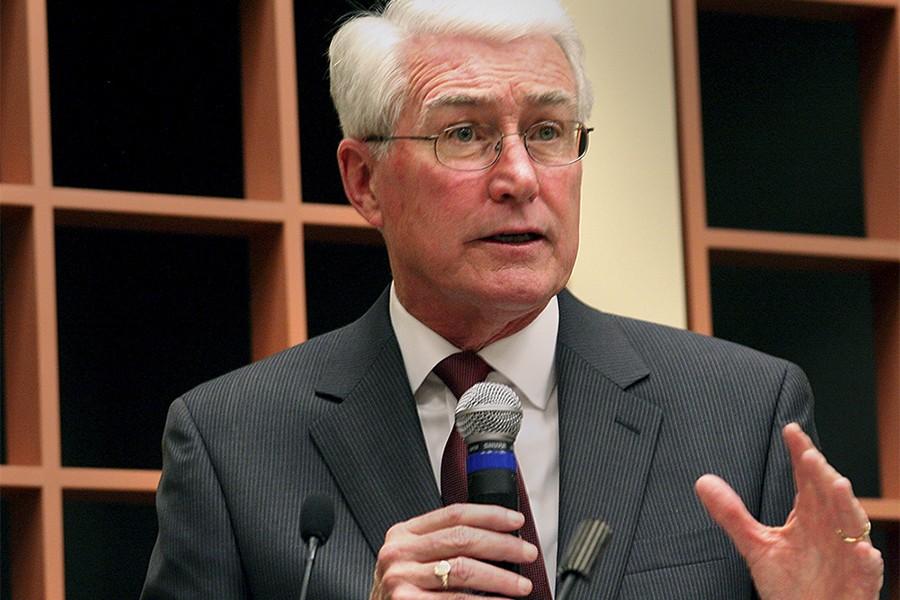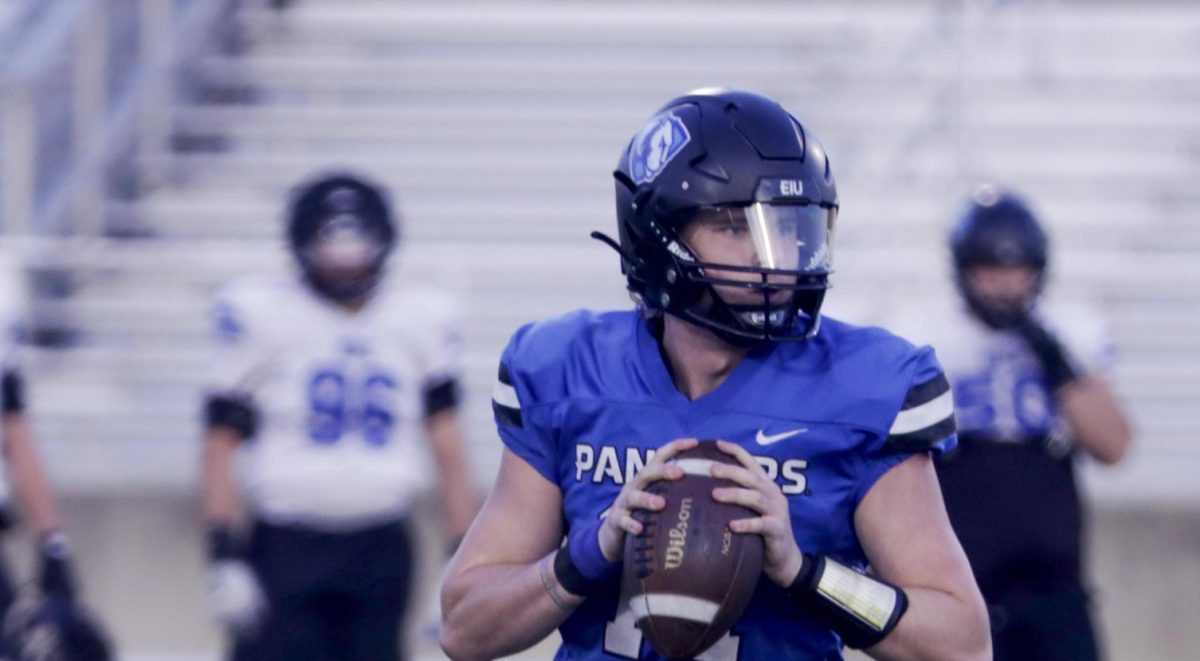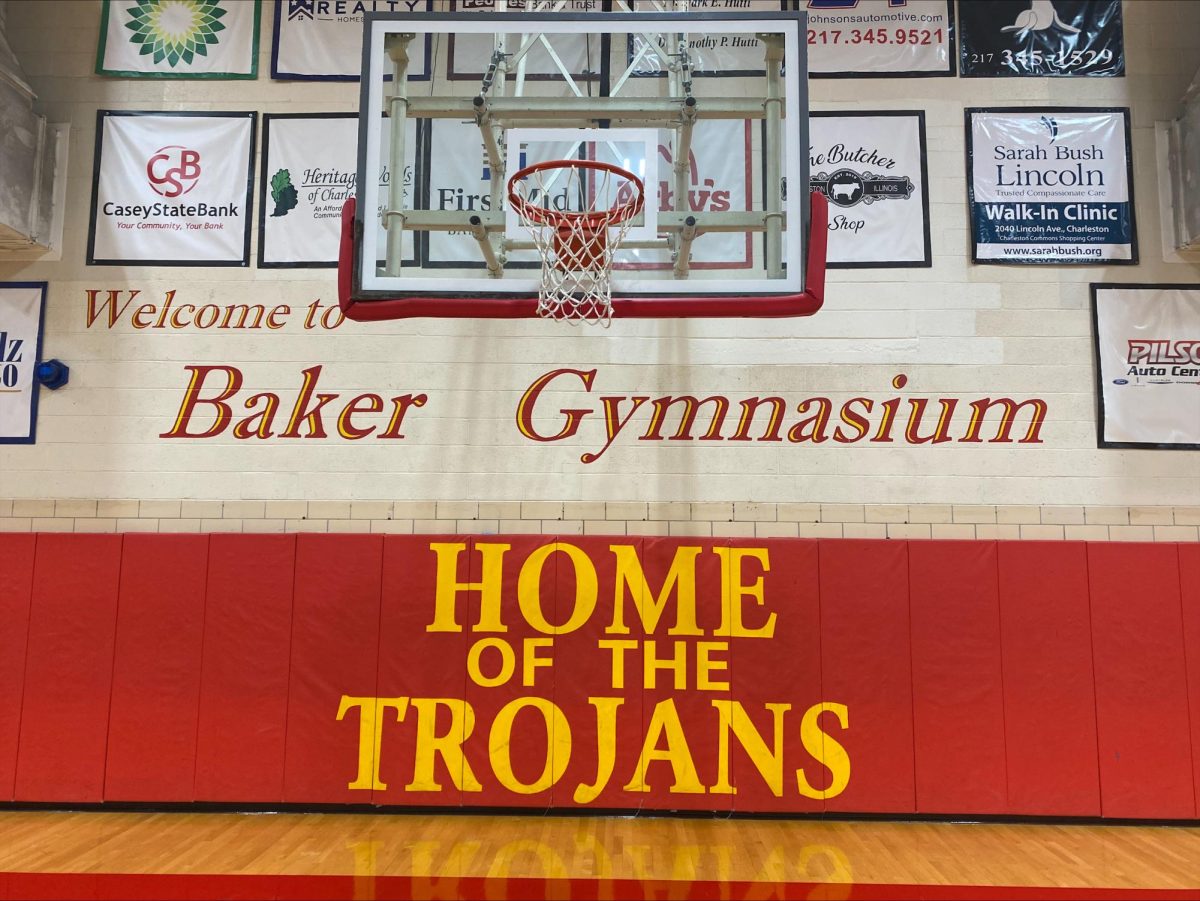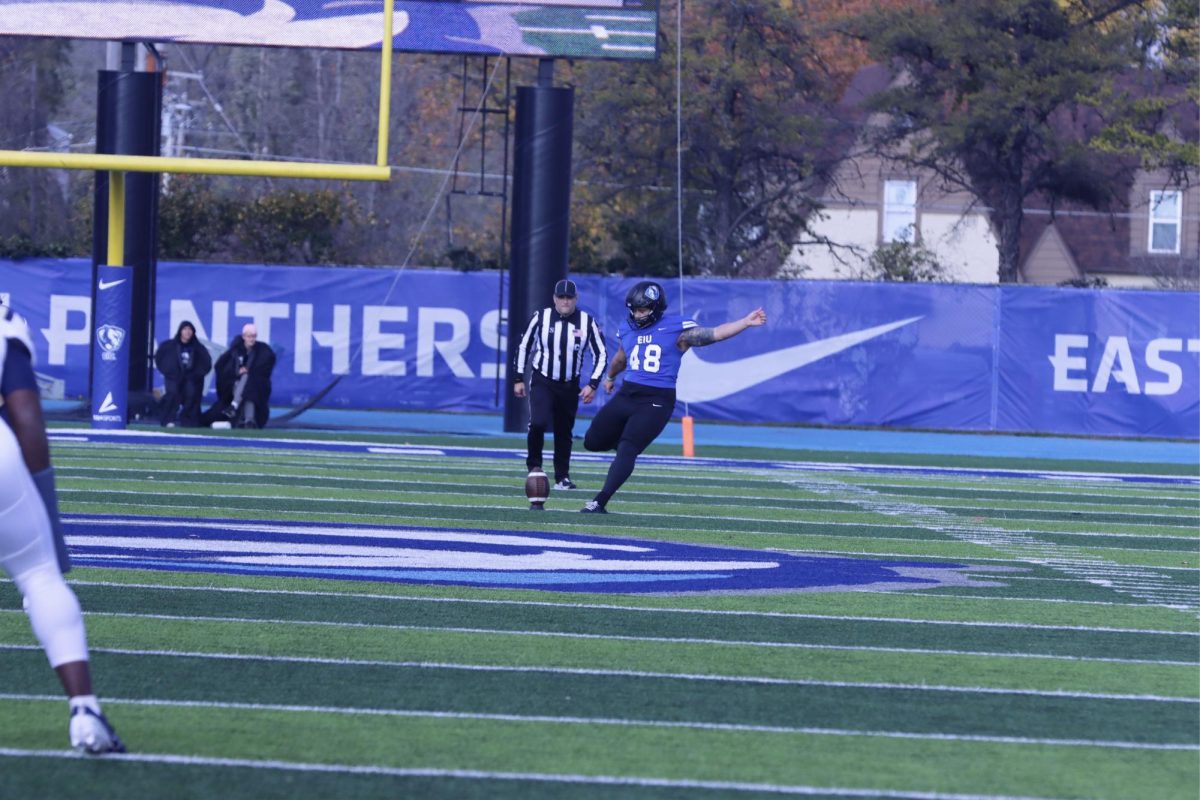Despite economic downturn, drastic changes not yet made to university
The University of Massachusetts has cut its budget by $25 million because of statewide budget cuts.
The University of California, Berkeley, faces $28 million in cuts.
Boston University has put a freeze on new hires and new construction projects.
The University of Memphis is delaying equipment purchases like laboratory equipment and library books and subscriptions.
“We haven’t taken any actions like that at this time,” President Bill Perry said.
He said the university budgeted conservatively.
“There would have to be a significant change in our state funding for us to start considering such action,” he said.
Perry said he has concerns with regard to scholarships.
He said if there is a long-term downturn then he thinks the university will have a problem.
“So really the issue is how quickly will this turn around,” he said. “I think if it turns around fairly quickly we’ll have some affect but it won’t be a major affect.”
Eastern has already faced effects from the economic and financial downturn.
The Eastern Illinois University Foundation, which houses the university’s endowments, has dropped 13.8 percent since the beginning of the calendar year.
The endowments have suffered along with the equity markets, said Elizabeth Monticelli, senior consultant for Hammond Associates.
“Equity portion of endowments decline as equity markets globally decline,” she said.
Although, the endowment has outperformed equity markets, which as a whole are down around 19.3 percent, Monticelli said.
Don Gher, chair for investment committee for the foundation and treasurer of the foundation, said the foundation was able to outperform the global market because of its diversified portfolio.
The foundation portfolio also includes fixed income and hedge funds, which were not as affected by the economy as stocks or equity funds.
“We didn’t go down like the stock markets because we had other assets to protect us in the downturn,” Gher said. “We were down but it could have been much worse if we had been in a stock portfolio.”
“If we go into a recession, which we are in, everything slows down, and I think probably could impact the endowment,” Monticelli said.
During a recession, return on investments slow and endowments receive fewer gifts from donors.
Scholarships come from endowments.
Monticelli said the foundation takes 5 percent off of a rolling three-year average for scholarships.
The foundation adds the values from 2008, 2007 and 2006 and divides by three.
If one year has a drop, the rolling calculation smooths out the fluctuations in the market for the endowment account.
She said the impact of the current economy would not be felt until 2010, 2011 or 2012.
“It will hurt, but they won’t feel as much this year,” Monticelli said.
The foundation’s spending and money will be reduced.
Fewer dollars will be given out and spending money on scholarships will be reduced over the next three years, she said.
“It’s a delayed impact, but we all know it’s coming,” Monticelli said.
She said having a forewarning will allow the university to address the drop accordingly and will give everyone time to prepare.
Overall financial system
Perry said the university also has to look beyond endowments and look at the overall financial system.
“I think some concern also that universities are having is availability of student loans,” he said.
Perry said the student loan market provided by direct lenders could dry up a little which would affect affordability of higher education of students.
“Another factor is if jobs are lost and family members lose their income then that’s going to affect whether or not they’re going to be able to start or finish a college education,” Perry said.
He said some impacts could be more students starting at community college.
“That’s a trend already simply because of the cost of higher education,” Perry said.
He also said universities may see some students taking a break, going to community college and coming back.
Both of these could affect Eastern’s enrollment.
“It’s possible applications could decrease if there’s a long-term downturn,” Perry said.
The opposite could happen as well.
“Normally in times of recession when jobs are not as plentiful, individuals tend to enroll in colleges to retool, finish a degree or get a second degree,” he said.
Although tuitions at higher education institutions are higher than they were during the last recession.
“It’s also possible with the right amount of financial aid that we could have more people to apply,” Perry said.
Hypothetical situation
Perry said some states, such as Florida, have faced significant cuts in higher education funding.
“For this fiscal year, we have our state appropriation,” Perry said. “We don’t have any indication that any of it will be called back.”
He said as the spring approaches, the university will find out more of what the fiscal year 2010 budget and state funding will be.
“We’ll look at our overall budget and see what kind of things we would consider in terms of developing a balanced budget for fiscal year 2010,” Perry said.
He said when having to cut costs, universities will at first cut costs on the small-dollar items, like buying supplies.
“If there was a significant decrease in state funding for next year versus this year, we would have to look at that very carefully,” he said.
Perry said when thinking about the budget, there are three important priorities.
The first, he said, is Eastern’s people.
The university wants to support faculty, staff and students, keep the campus looking good, and keep maintenance and utilities working properly.
The second university priority is the programs.
The third is the Physical Plant.
“So in case there are cuts to our state funding, we would start at our physical plant and look to see, this is regrettable but often times what you have to do is there other maintenance we can defer,” Perry said.
He said the university will always keep the facilities safe and operating but fix-ups and paint-ups can be put off to save costs.
“What I’d hope is when facing budget cuts we could handle it all there and we wouldn’t have to start impacting our programs,” he said.
Perry said the discussion at this point is hypothetical.
“I don’t want to be in that kind of situation, but if it’s forced upon us we will consult broadly within the university, consult with faculty and staff before making any decisions on dealing with any budget cuts that might come our way,” Perry said.
Professional opinion
Gher has been in the business for 37 years. He co-founded Coldstream Capital Management and was managing director and chief investment office before retiring in June 2007.
His investment and economic views have been cited in The Wall Street Journal, CNN Money, Forbes.com and many more.
“No one has seen the type of environment we’re going through,” he said.
He said the economy has to be separated from the economy.
The economy over all is not as bad as it was many times in the past, Gher said. He said the economy is not as bad as in 1982 or ’83, ’73 or ’74 or the Great Depression.
He said there was a financial crisis that could have gotten out of hand.
“The government has taken many steps so that we do not fall into the abyss,” Gher said.
From the financial market side, he said no one has ever seen this type of environment.
“It’s totally different than any type of financial decline we have seen in the past,” he said.
Emily Zulz can be reached at 581-7942 or at eazulz@eiu.edu.


































































